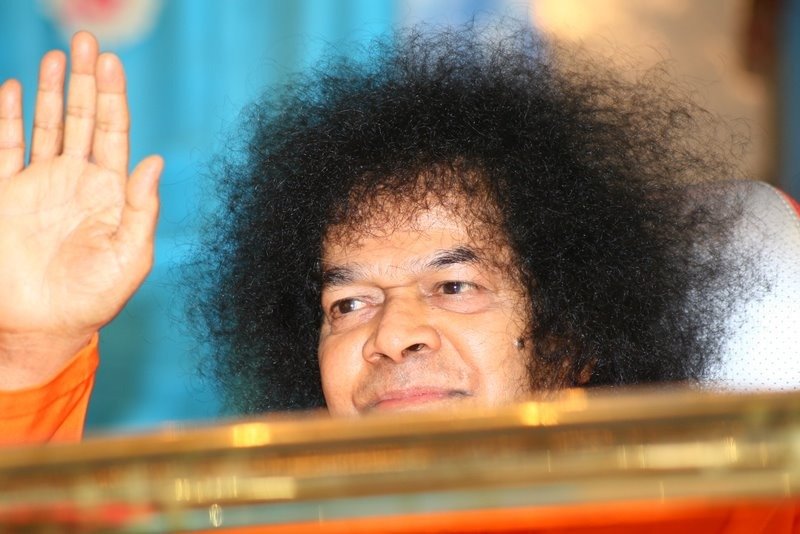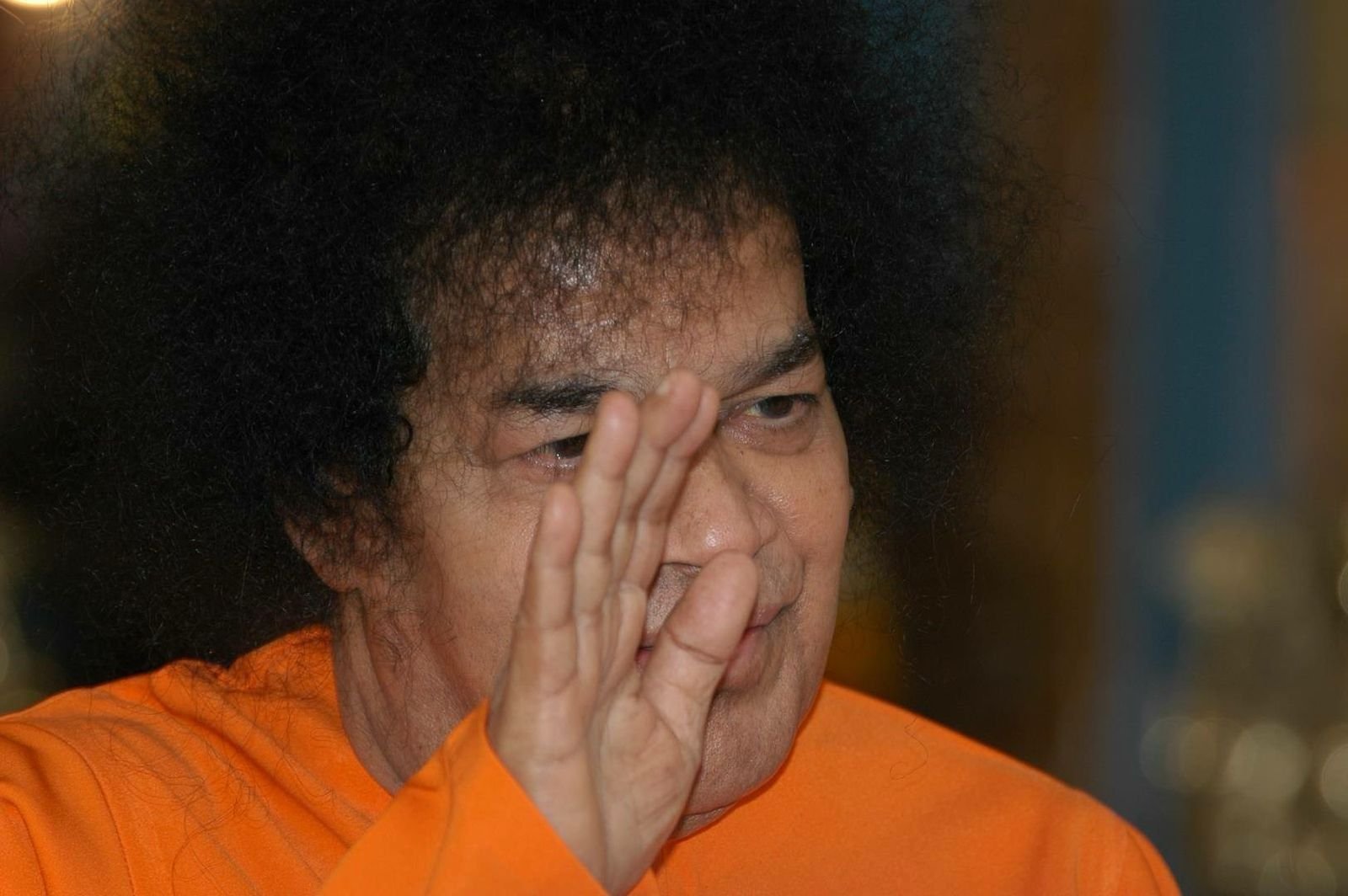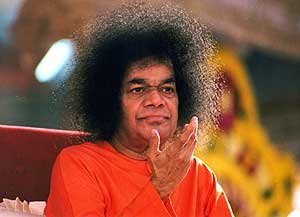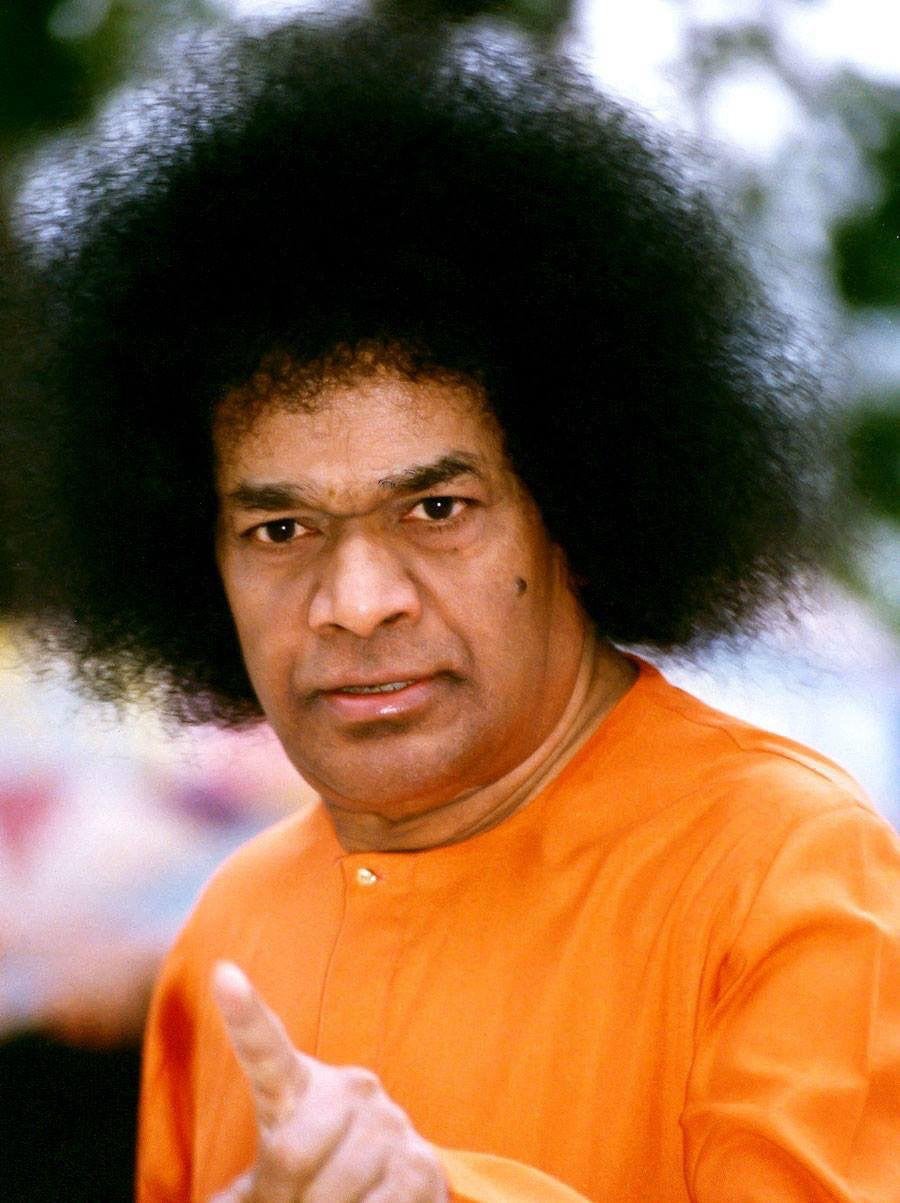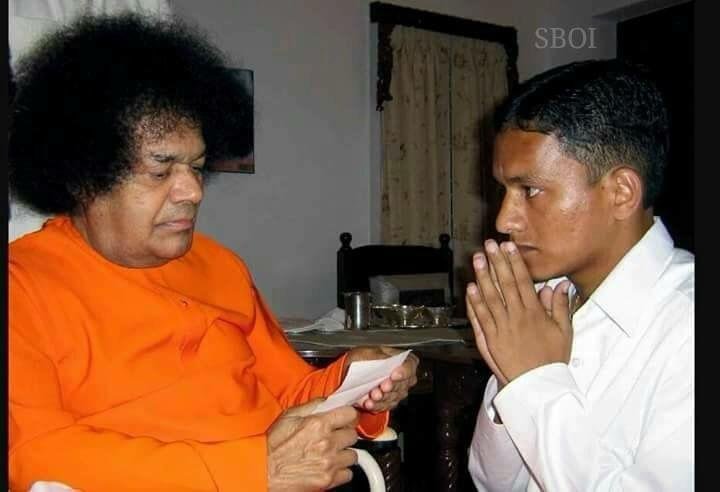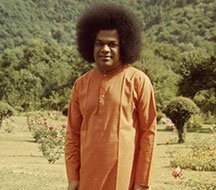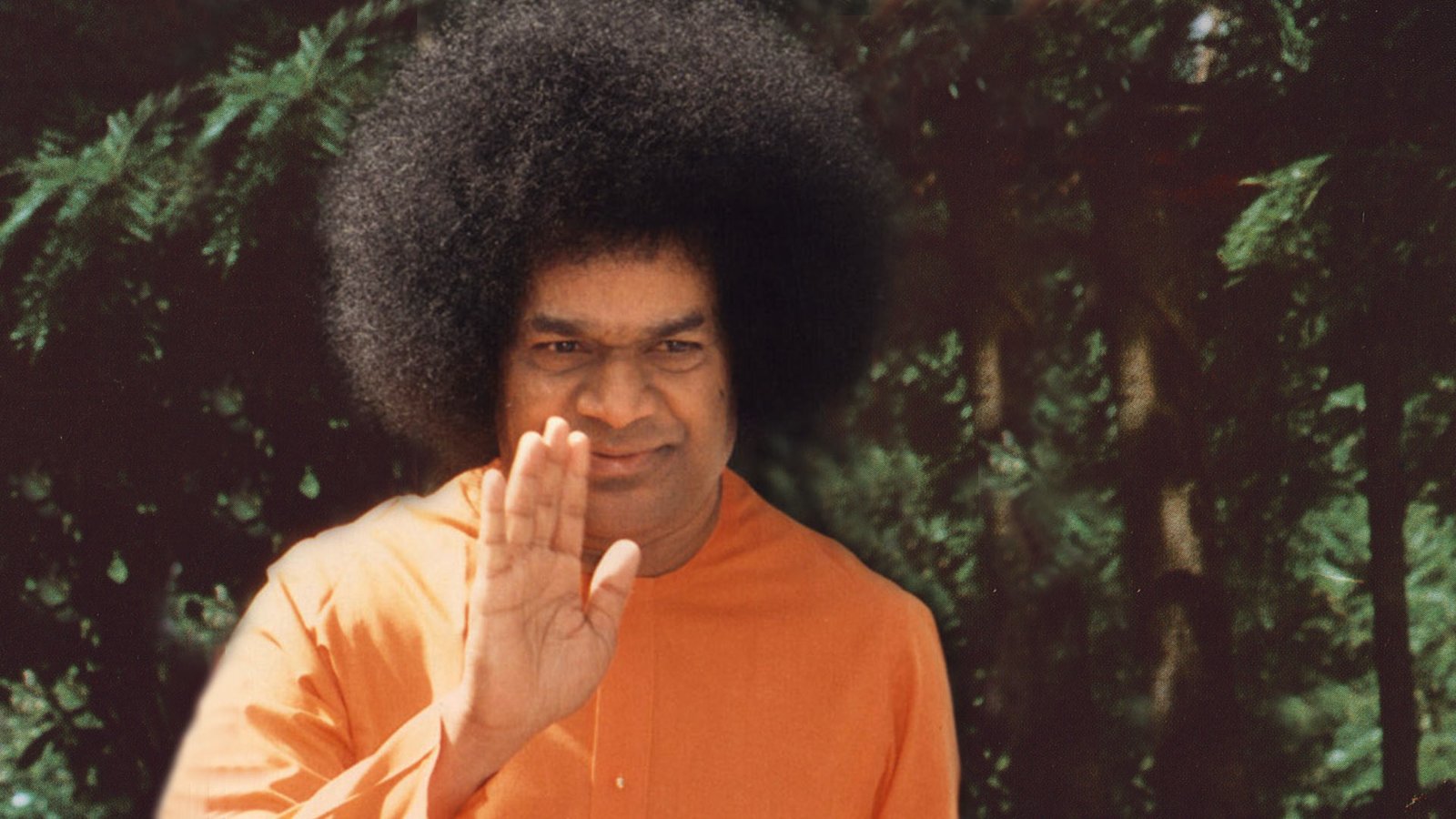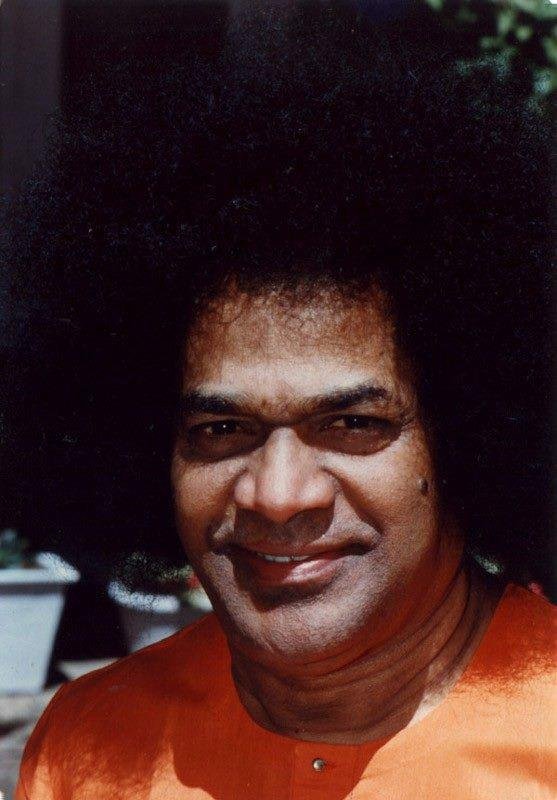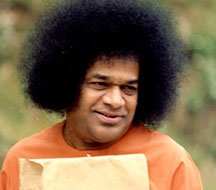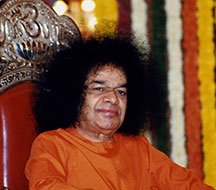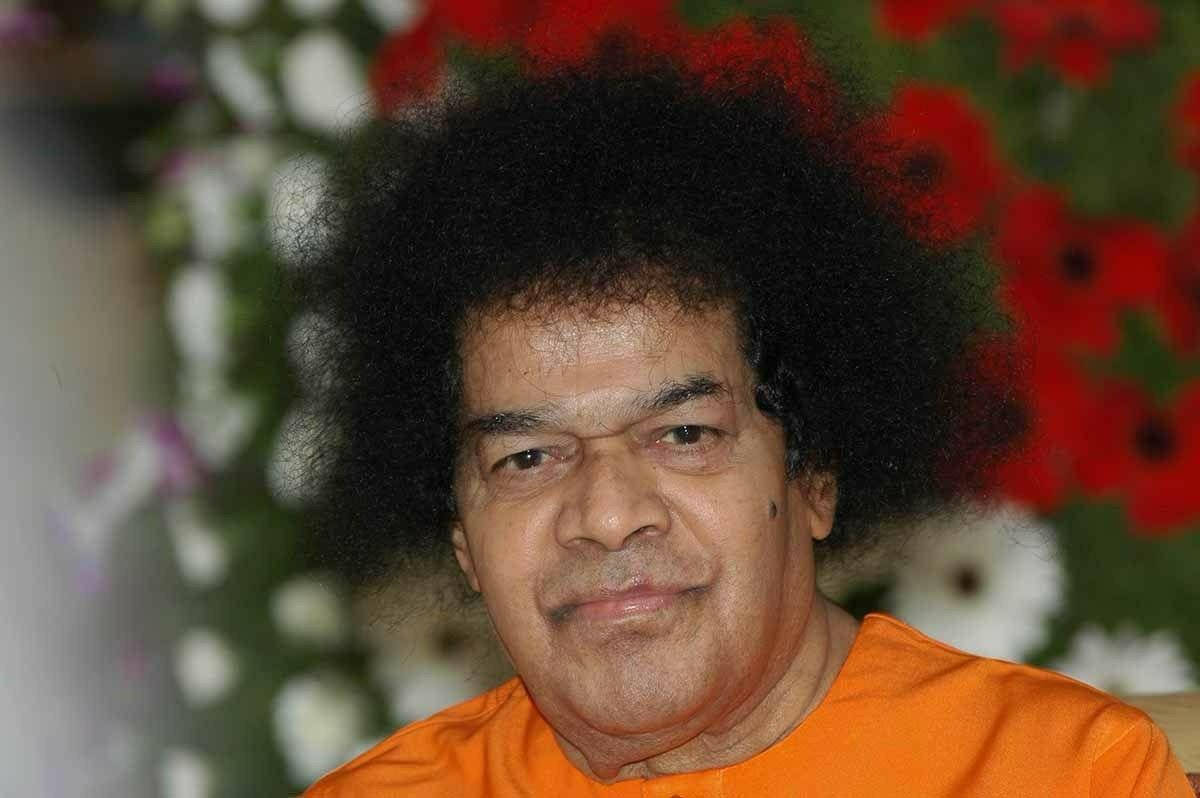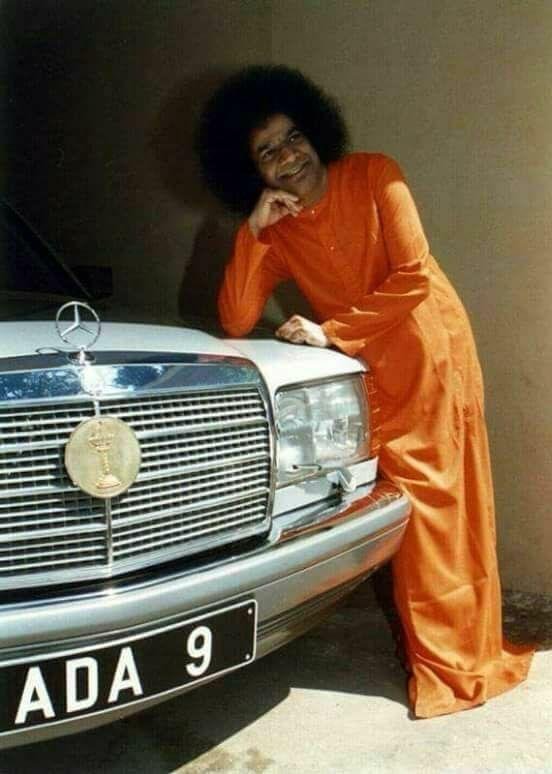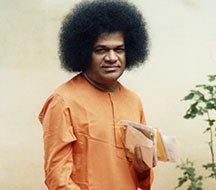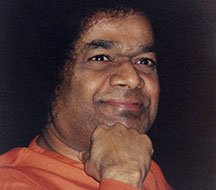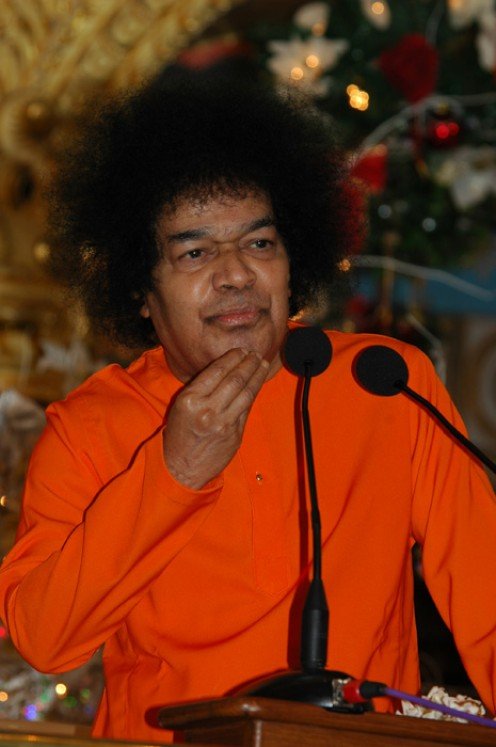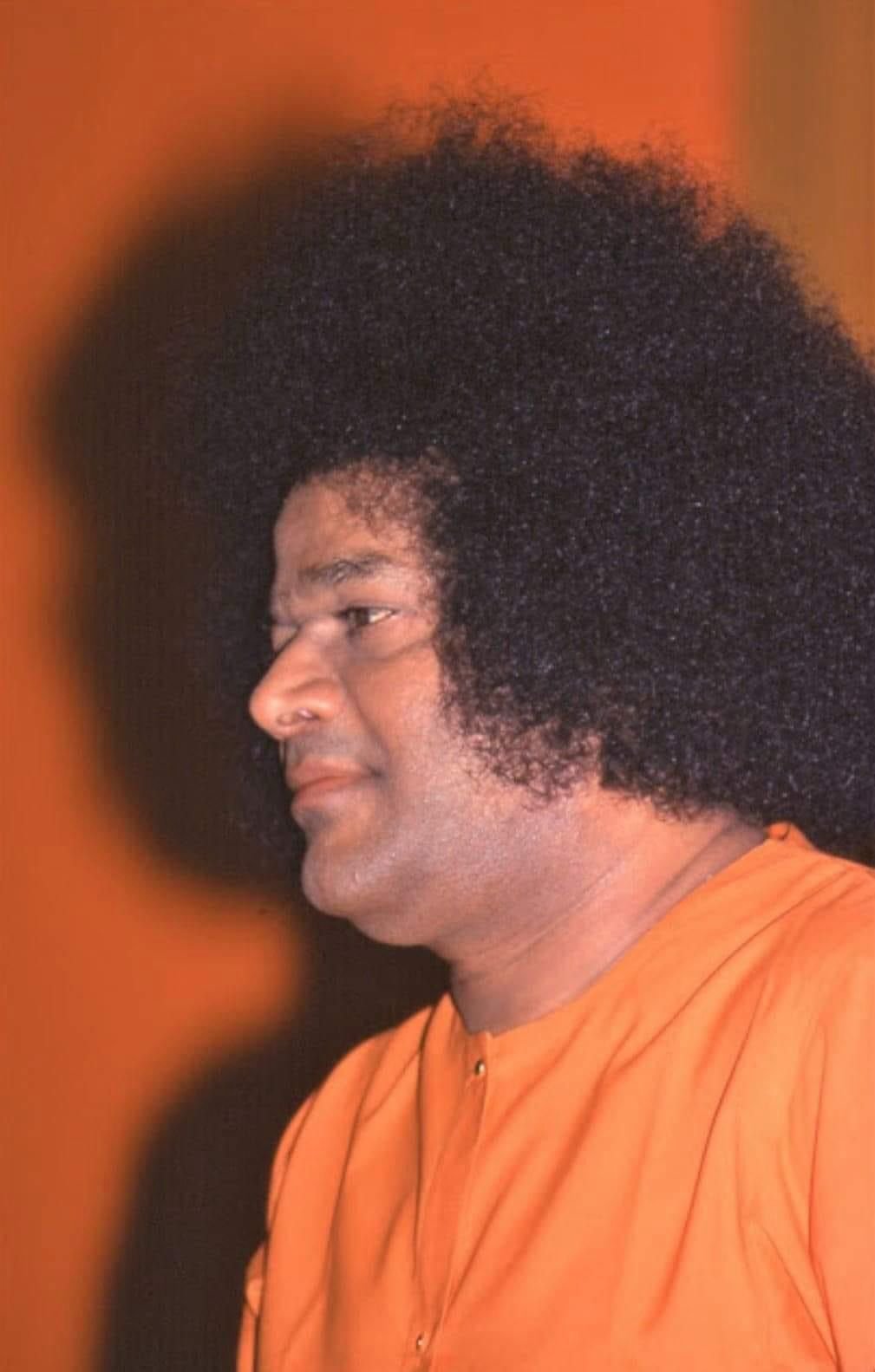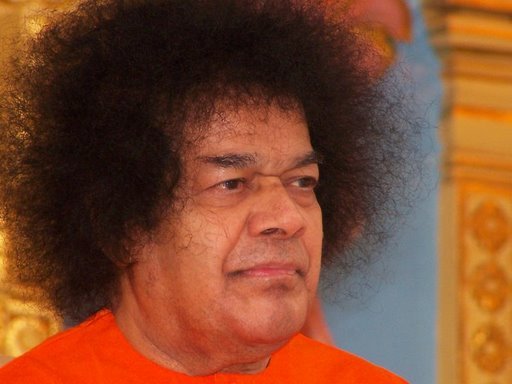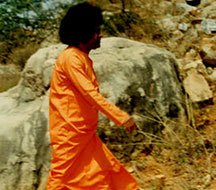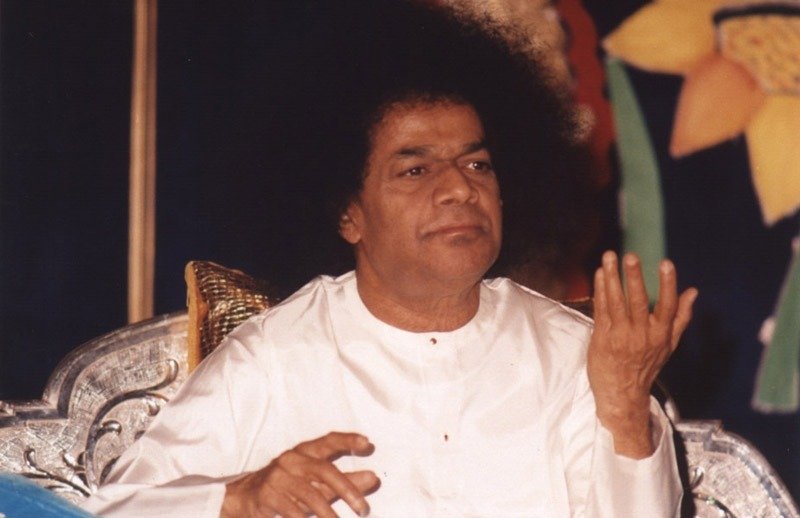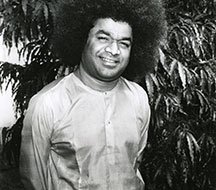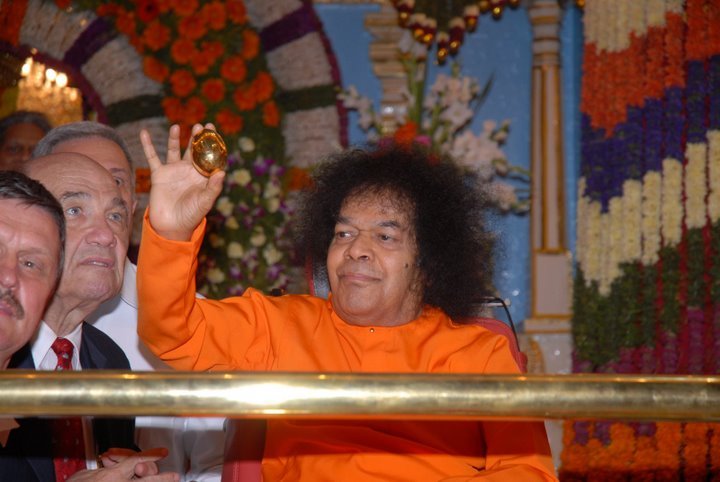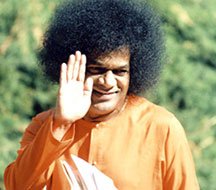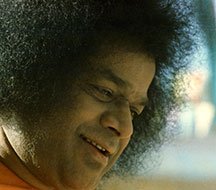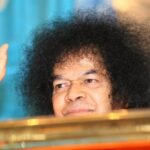Deepavali
Diwali, also known as Deepavali (दीपावली), is one of the most widely celebrated Hindu festivals, symbolizing the victory of light over darkness, good over evil, and knowledge over ignorance. The name “Deepavali” literally means “a row of lamps” (Deepa = lamp, Avali = row), reflecting the tradition of illuminating homes, temples, and public spaces with oil lamps and candles. Diwali is celebrated across India and the world with decorations, prayers, sweets, and fireworks, fostering a spirit of joy, prosperity, and togetherness.
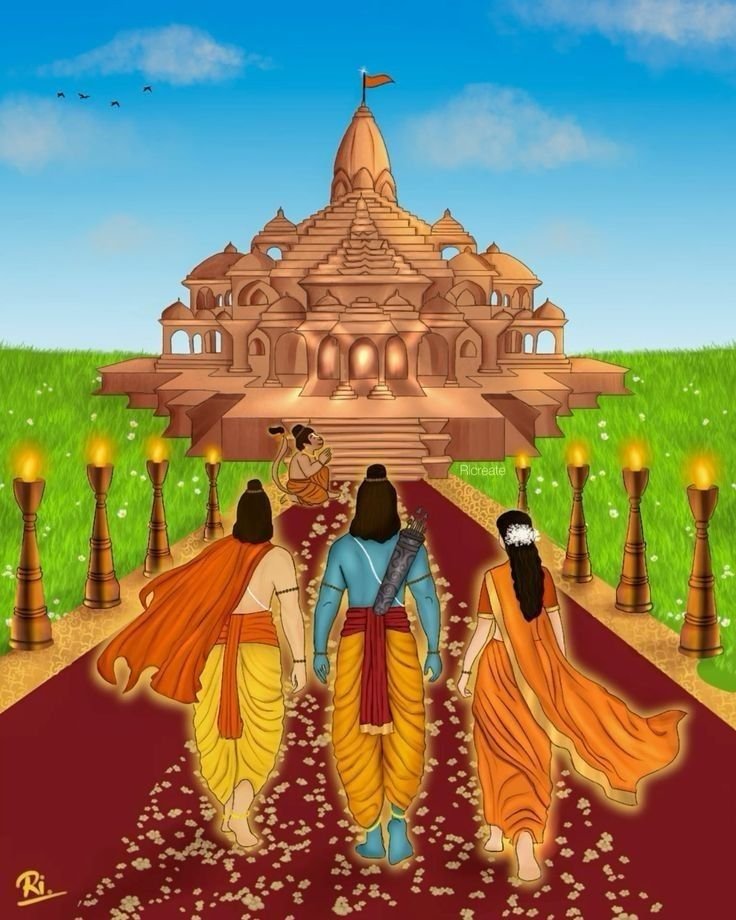

The name “Deepavali” literally means “a row of lamps” (Deepa = lamp, Avali = row), reflecting the tradition of illuminating homes, temples, and public spaces with oil lamps and candles.

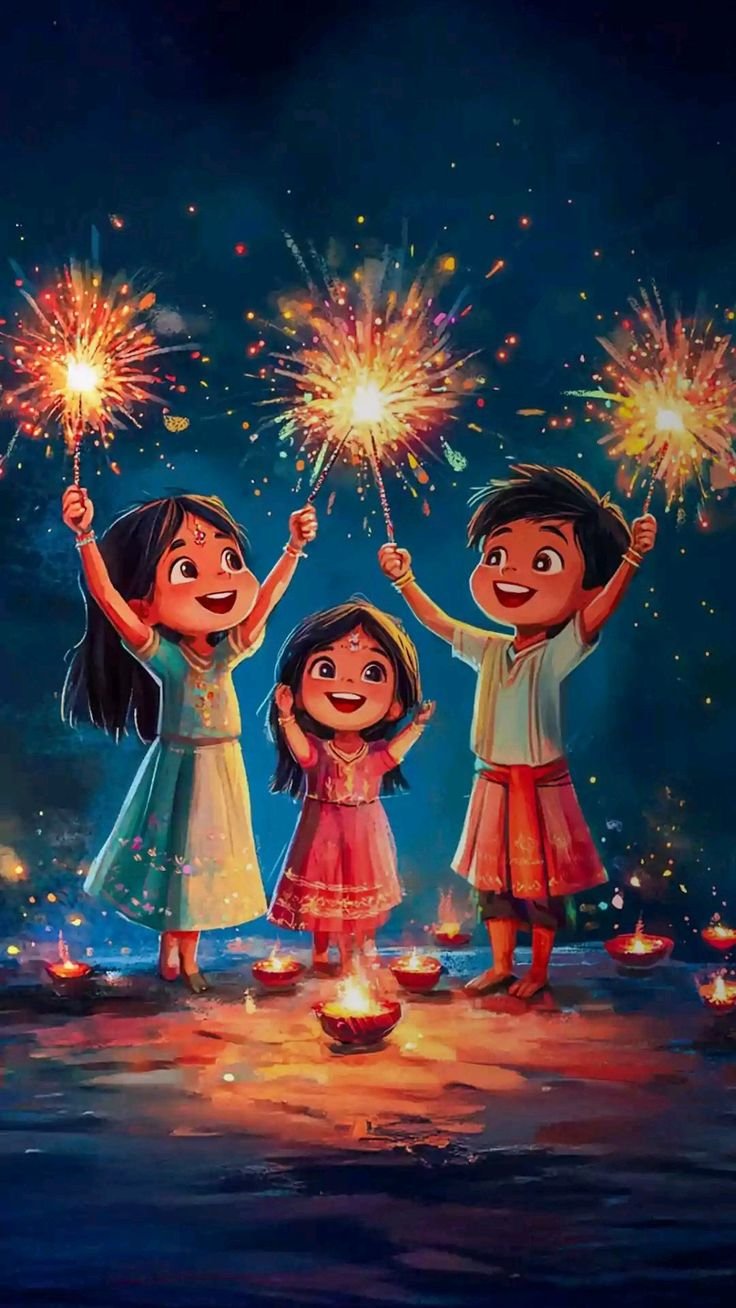

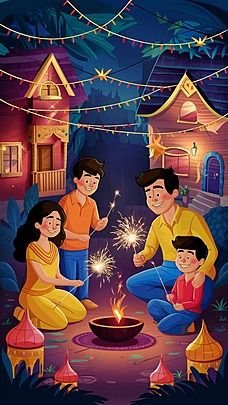


Rituals & Traditions of Deepavali
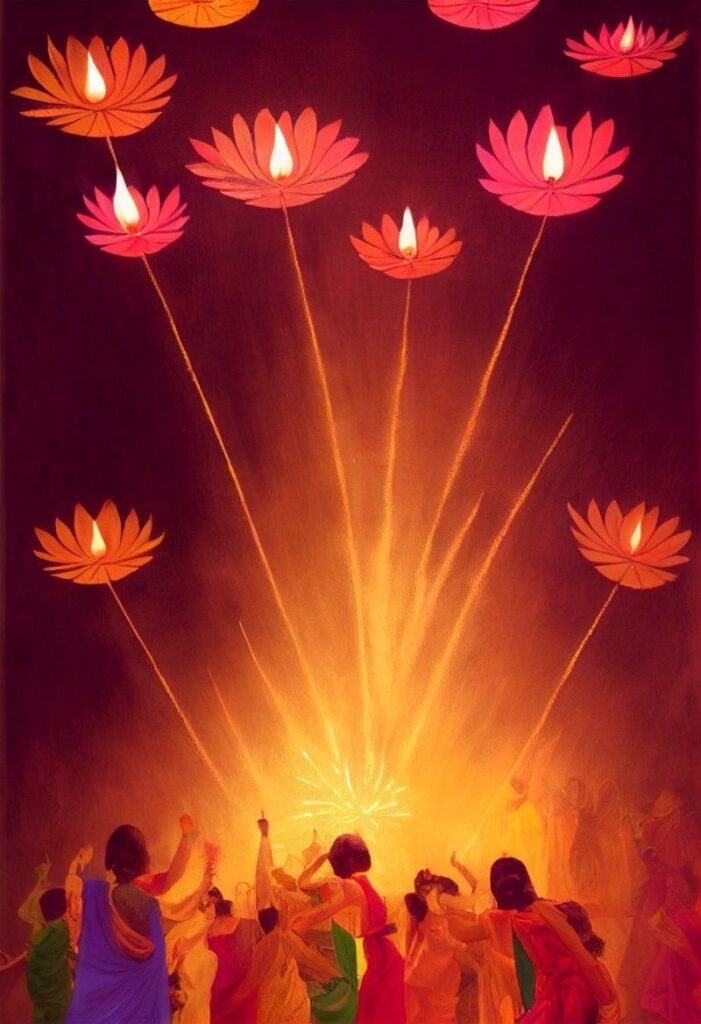
Diwali is celebrated over five days, each marked with its own rituals and traditions:
- Dhanteras: The festival begins with Dhanteras, a day dedicated to wealth and prosperity. People clean and decorate their homes, purchase gold, silver, or utensils, and perform pujas to welcome abundance.
- Naraka Chaturdashi (Choti Diwali): On this day, devotees commemorate Lord Krishna’s victory over the demon Narakasura. Homes are cleaned, small lamps are lit, and people prepare sweets and festive snacks.
- Lakshmi Puja (Main Diwali Day): The most significant day of Diwali is devoted to Goddess Lakshmi, the deity of wealth, along with Lord Ganesha. Homes are illuminated with diyas (oil lamps), candles, and rangoli designs. Families perform Lakshmi Puja, offering flowers, sweets, and prayers to seek prosperity, happiness, and success.
- Govardhan Puja / Annakut: In certain regions, this day celebrates Lord Krishna lifting Govardhan Hill, protecting villagers from torrential rains. Devotees prepare a grand array of food offerings (Annakut) as part of the ritual.
- Bhai Dooj: The festival concludes with Bhai Dooj, which celebrates the bond between brothers and sisters. Sisters perform a tilak ceremony and pray for their brothers’ well-being, while brothers give gifts in return.
Across all five days, Diwali is marked by decorating homes with lights, lanterns, and rangoli, sharing sweets and gifts, visiting temples, and engaging in fireworks and community celebrations. These rituals reflect devotion, cultural heritage, and the joy of togetherness, making Diwali a festival that touches every aspect of life. compassion and ecological awareness deeply rooted in the festival.
Spiritual Importance & Cultural Significance
NDiwali is a festival rich in spiritual symbolism and cultural heritage. Spiritually, it represents the victory of light over darkness, knowledge over ignorance, and good over evil. Lighting diyas and candles during Diwali symbolizes the illumination of the mind and soul, encouraging individuals to overcome negativity, cultivate inner wisdom, and embrace positivity. The worship of Goddess Lakshmi invokes blessings of wealth, prosperity, and abundance, while prayers to Lord Ganesha ensure success and removal of obstacles.
Culturally, Diwali fosters unity, love, and social harmony. Families come together to clean and decorate their homes, exchange gifts, prepare festive meals, and participate in community celebrations. Across India, regional traditions—such as Rangoli in the south, fireworks in the north, and folk performances in the west—highlight the country’s diverse cultural fabric. Diwali also encourages generosity, charity, and gratitude, as people share food, sweets, and resources with neighbors and the less fortunate.
In essence, Diwali is more than a festival—it is a celebration of life, positivity, and human values, blending spiritual devotion with cultural expression, social cohesion, and the joy of new beginnings.
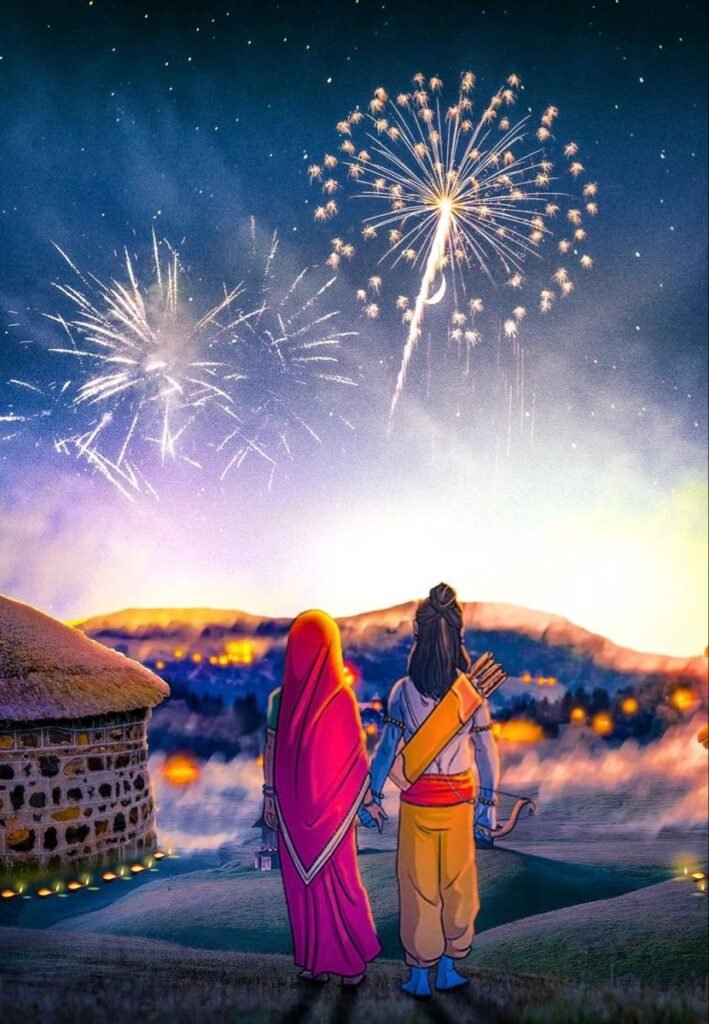

Food & Sweets & Modern Celebrations

Diwali is synonymous with delicious sweets, festive foods, and joyful celebrations. Traditional treats include laddoos, barfi, gulab jamun, kaju katli, chakli, and namkeen, often prepared at home or bought from sweet shops. Families also cook hearty meals featuring puri, kheer, pulao, paneer dishes, and regional specialties, which are shared with relatives, friends, and neighbors as part of the festive spirit. These foods are not only enjoyed as delicacies but also offered as prasad during pujas, symbolizing gratitude and devotion.
Modern Diwali celebrations combine traditional rituals with contemporary practices. Many households now use LED lamps, eco-friendly candles, and natural rangoli colors to reduce environmental impact. Online shopping, digital greetings, and virtual pujas have become common, allowing people to celebrate across distances. Community events, cultural programs, and fairs add a social dimension to the festival, promoting togetherness and cultural exchange.
While fireworks remain a popular attraction, there is growing awareness about eco-conscious and safe celebrations, emphasizing joy without harming the environment. Overall, Diwali today is a blend of devotion, culinary delights, cultural richness, and modern innovations, preserving its timeless message of light, hope, and prosperity.

